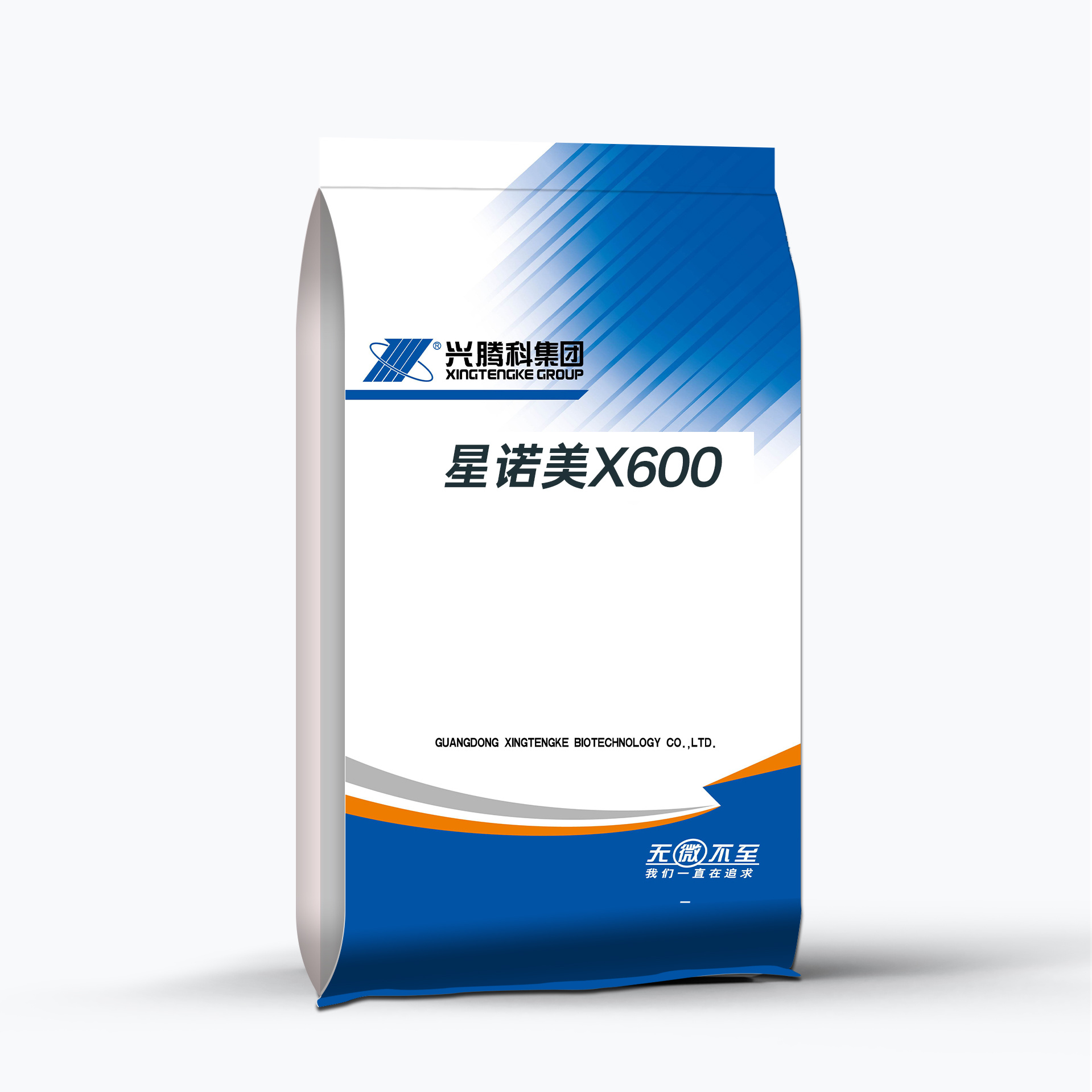Why Every Swine Farmer Should Consider Compound Trace Minerals for Better Health
Release time:
2025-11-08 11:50
Source:
Why Every Swine Farmer Should Consider Compound Trace Minerals for Better Health
Introduction to Swine Farming and Nutrition
In the world of swine farming, maintaining optimal health and productivity is crucial for success. As farmers, we understand that the well-being of our livestock directly impacts our profitability. One of the key components of swine nutrition is the inclusion of **compound trace minerals**, which play a vital role in the health and performance of pigs. In this article, we will delve into the significance of these minerals, their benefits, and why they should be an integral part of every swine farmer's feeding program.
The Importance of Trace Minerals in Swine Health
Trace minerals are essential nutrients required in small quantities for various physiological processes in pigs. These minerals, including zinc, copper, manganese, selenium, and iodine, contribute to several critical functions, such as:
- **Immune system support**: Trace minerals bolster the immune system, enhancing pigs' ability to fight off diseases and infections.
- **Growth and development**: Adequate mineral intake is vital for proper growth rates and muscle development in pigs.
- **Reproductive performance**: Trace minerals play a significant role in reproductive health, influencing fertility, litter size, and overall reproductive success.
Understanding Compound Trace Minerals
Compound trace minerals refer to blends of individual trace minerals formulated to meet the specific nutritional needs of swine. These formulations are designed to ensure optimal bioavailability and absorption, maximizing their effectiveness. By providing a balanced supply of these vital nutrients, farmers can ensure their pigs receive the best possible care.
Key Components of Compound Trace Minerals
To fully appreciate the benefits of compound trace minerals, it is essential to understand their individual components and their specific roles in swine health.
Zinc: The Immune Booster
Zinc is a critical trace mineral that supports immune function and skin health. It is essential for enzyme activity and plays a role in protein synthesis. Supplementation with zinc can lead to improved growth rates and reduced incidence of disease, particularly in young pigs.
Copper: Enhancing Growth and Fertility
Copper is vital for promoting growth and fertility in swine. It aids in iron metabolism and is essential for the formation of hemoglobin, which carries oxygen in the blood. Adequate copper levels can enhance reproductive performance and overall health.
Manganese: Bone Development and Reproductive Health
Manganese is necessary for bone development and the functioning of reproductive hormones. It plays a role in the synthesis of glycosaminoglycans, which are critical for cartilage formation. Ensuring sufficient manganese levels can help reduce the risk of skeletal abnormalities in growing pigs.
Selenium: A Powerful Antioxidant
Selenium is a potent antioxidant that protects cells from oxidative damage. It is critical for immune function and plays a role in thyroid hormone metabolism. Adequate selenium levels can help improve overall health and performance in pigs.
Iodine: Thyroid Health and Metabolism
Iodine is crucial for the production of thyroid hormones, which regulate metabolism. Insufficient iodine can lead to goiter and other metabolic disorders, ultimately impacting growth and health.
Benefits of Using Compound Trace Minerals in Swine Diets
The incorporation of compound trace minerals into swine diets offers numerous benefits, including:
- **Improved Health and Disease Resistance**: By supporting the immune system, trace minerals can help reduce the incidence of diseases, leading to healthier pigs and decreased veterinary costs.
- **Enhanced Growth Performance**: Pigs receiving adequate trace minerals tend to show better feed conversion ratios, leading to improved growth rates and overall productivity.
- **Better Reproductive Outcomes**: With enhanced reproductive performance, farmers can expect larger litter sizes and improved offspring viability, ultimately contributing to the sustainability of their operations.
How to Incorporate Compound Trace Minerals into Swine Diets
To achieve the best results, it's essential to formulate a balanced diet that includes the right amounts of trace minerals. Here are some strategies for effectively incorporating compound trace minerals into swine diets:
Consult with Nutritionists
Working with a livestock nutritionist can help ensure that the mineral formulations meet the specific needs of your herd. They can provide guidance on the appropriate levels and sources of trace minerals based on your pigs' age, weight, and production goals.
Use Quality Feed Additives
Look for high-quality feed additives that contain well-balanced compound trace minerals. Ensure that these products are formulated for optimal bioavailability, meaning that the minerals are easily absorbed and utilized by the pigs' bodies.
Monitor Mineral Levels
Regularly testing feed ingredients and monitoring mineral levels through blood tests can help ensure that your pigs are receiving adequate trace minerals. Adjustments can be made to the diet based on test results to maintain optimal nutrient balance.
Common Myths and Misconceptions About Trace Minerals in Swine
As with any aspect of farming, there are myths and misconceptions surrounding the use of trace minerals in swine nutrition. Addressing these can help farmers make informed decisions.
Myth 1: All Trace Minerals Are the Same
Not all trace minerals are created equal. Different sources of trace minerals vary in bioavailability and effectiveness. It's essential to choose high-quality sources that provide optimal benefits.
Myth 2: More is Always Better
While trace minerals are essential, excessive supplementation can lead to toxicity and health issues. It's crucial to adhere to recommended levels to ensure the well-being of your herd.
Frequently Asked Questions (FAQs)
1. What are compound trace minerals?
Compound trace minerals are blends of individual trace minerals that are formulated to meet the specific nutritional needs of swine. They help support growth, immune function, and reproductive health.
2. Why are trace minerals important for pigs?
Trace minerals are essential for various physiological processes, including immune support, growth, and reproduction. They contribute to overall health and productivity in swine.
3. How can I ensure my pigs are getting enough trace minerals?
Consulting with a livestock nutritionist, using quality feed additives, and monitoring mineral levels are effective ways to ensure your pigs are receiving adequate trace minerals.
4. Can over-supplementation of trace minerals be harmful?
Yes, excessive supplementation can lead to toxicity and health issues. It is important to adhere to recommended levels to maintain the health of your herd.
5. What is the best way to incorporate trace minerals into pig diets?
Formulating a balanced diet with the guidance of a nutritionist, using high-quality feed additives, and regularly monitoring mineral levels are effective strategies for incorporating trace minerals into pig diets.
Conclusion
Incorporating compound trace minerals into swine diets is not just beneficial; it is essential for ensuring the health and productivity of your herd. By understanding the roles of these vital nutrients and implementing a well-formulated feeding program, farmers can enhance the overall well-being of their pigs. Improved immune function, better growth rates, and enhanced reproductive success are just a few of the advantages that compound trace minerals can offer. As we continue to strive for excellence in swine farming, prioritizing the nutritional needs of our animals will undoubtedly lead to greater success on the farm.
compound trace minerals for swine nutrition








